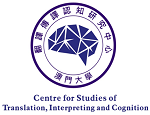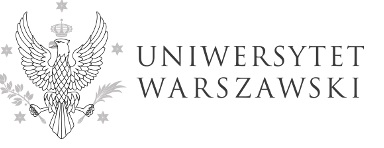The ‘interpreter advantage hypothesis’ posits that task-specific cognitive skills developed by professional interpreters (PIs) generalize to more efficient linguistic and executive abilities in non-interpreting tasks. This paper reviews relevant studies in order to establish preliminary data patterns and outline new research questions. Though not entirely consistent, the evidence suggests that interpreting expertise enhances aspects of semantic processing, working memory, and cognitive flexibility. The data also gives rise to new related queries: Are linguistic and executive enhancements in PIs independent of each other? Are all the superior skills of PIs cumulatively enhanced by the double influence of bilingualism and interpreting experience? And how soon after the onset of formal training do these advantages appear? Tentative answers to these questions are also implied in the evidence considered.










































